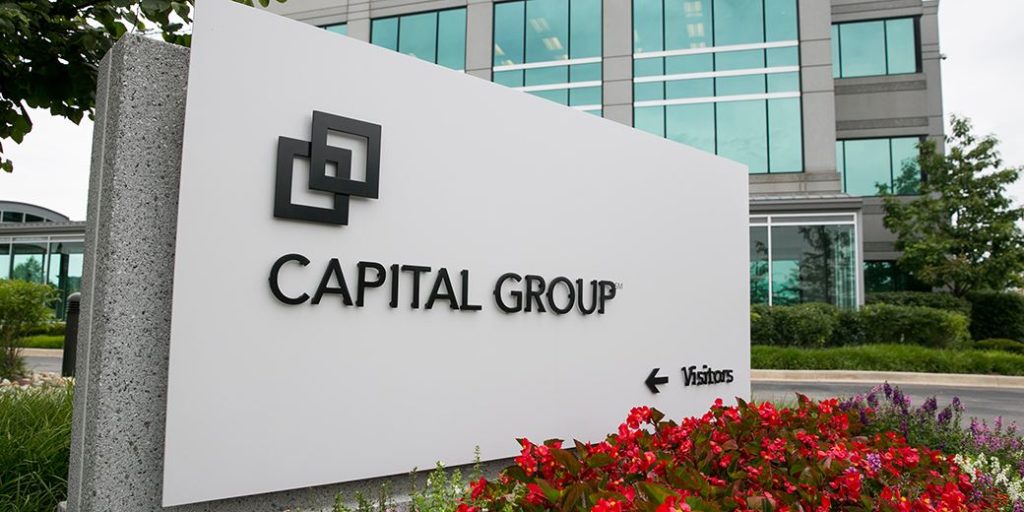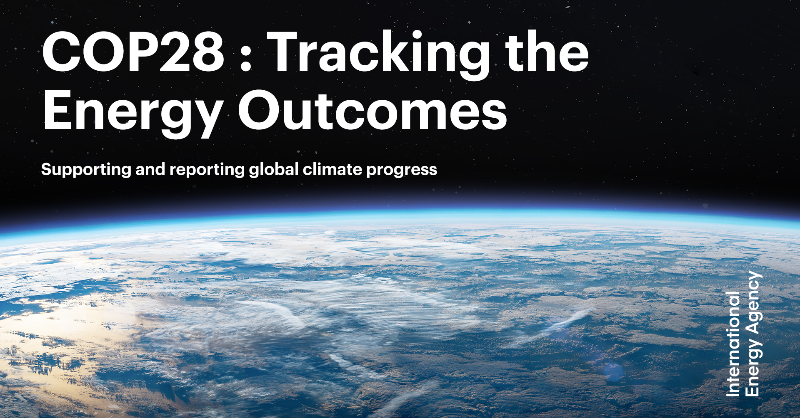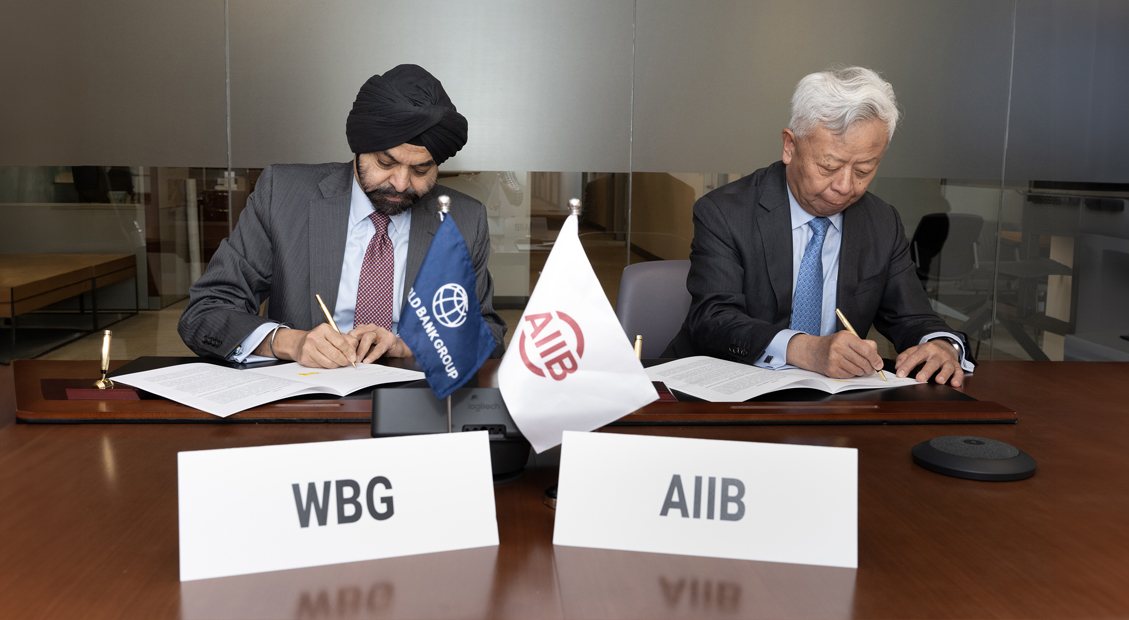Capital Group Says Actively Run Funds Are Winners in ESG Craze

Professional investors overwhelmingly prefer to use actively managed funds to deal with environmental, social and governance risks, according to a report from Capital Group that suggests the recent surge in passive ESG strategies may be at odds with industry needs.
The $2.7 trillion asset manager, which has built a reputation as an active manager, said a survey of 1,130 investors, including pension funds, family offices and insurance companies, found that 63% think ESG risks are best handled when fund managers select a portfolio to manage opportunities and risks.
The results are striking as they coincide with a proliferation of passively managed ESG products, including exchange-traded funds and index-tracking offerings. In the U.S. more than half of publicly traded assets in equity funds are now in index-tracking strategies. Meanwhile some passive strategies, which charge lower fees than their active counterparts, have struggled to adapt to recent ESG shocks such as the selloff in tech stocks and the war in Ukraine.
Capital Group pointed to what it characterized as “inconsistent and inaccurate ESG scores” used to grade companies as a weakness in the industry that active managers are better equipped to handle. It’s a view that’s also been put forward by Goldman Sachs Asset Management, which warned of “ huge subjectivity” in ESG ratings that active managers are better off avoiding.
“ESG adoption rates appear to be firmly embedded amongst professional investors globally, with a growing preference for active managers to make the critical investment decisions,” Jessica Ground, Capital Group’s global head of ESG, said Wednesday in a statement.
See related article: Enertiv closes $9 million funding round to lead the decarbonization of commercial real estate
This preference “underscores the complexity of assessing ESG issues and that reducing them to a single ESG score can’t capture nuanced company evaluations,” she said. “Investors are hence turning to active managers who can focus on deep proprietary research, robust monitoring systems and engagement to analyze companies.”
Capital Group also found investors are less concerned about risks that banks and fund managers exaggerate or misrepresent their ESG credentials — also known as greenwashing. Only 48% of investors said they think greenwashing is widespread within the asset management industry, down from 57% last year. That said, a growing number of investors — 30% this year versus 22% in 2021 — say greenwashing is a barrier to greater ESG adoption.
The Los Angeles-based fund manager said the war in Ukraine was “redrawing the ESG map.” While the economic and health toll of Covid-19 raised the profile of social issues, or the “S” in ESG, the war in Ukraine will likely see an “increased focus on political risk, compared to other ESG risks,” Capital Group said. A number of interviewees said the elevation of political risk will change ESG frameworks for investing in emerging-market sovereign debt.
Source: Bloomberg and Capital Group







